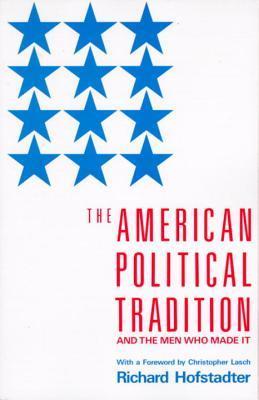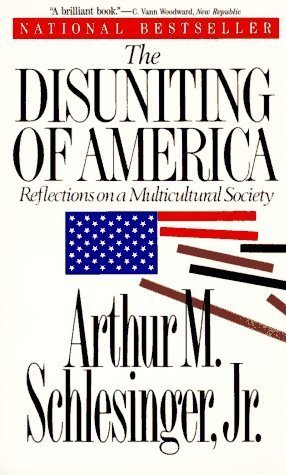
Anti-Intellectualism in American Life
Book Description
A storm brews on the horizon of American consciousness, where intellect is often cast aside in favor of populist fervor. Richard Hofstadter unravels the shocking truth behind anti-intellectualism, exposing a persistent tide that challenges the values of reason and knowledge. This gripping exploration traverses history, politics, and culture, illustrating how a nation simultaneously idolizes the common man while dismissing its thinkers. As the battle between wisdom and ignorance rages, questions emerge: Can reason prevail in a society hungry for simple answers? What happens when intellect is no longer revered, but demonized?
Quick Book Summary
"Anti-Intellectualism in American Life" by Richard Hofstadter is a profound exploration of the recurring theme of suspicion and hostility toward intellectuals and intellectual pursuits in American society. Hofstadter traces the historical, political, and cultural origins of anti-intellectualism, revealing it as a complex phenomenon deeply embedded in American identity. He examines how education, religion, and politics have each fostered or resisted this trend, highlighting the way American ideals of egalitarianism and populism often position intellectualism as elitist and disconnected. Through case studies and historical analysis, Hofstadter illuminates the tension between expertise and popular sentiment, showing how anti-intellectual attitudes have shaped public policy, education, and the broader cultural atmosphere. The work is both a warning and a call to value critical thinking and informed discourse in a democratic society.
Summary of Key Ideas
Table of Contents
Origins and Roots of Anti-Intellectualism
Hofstadter situates anti-intellectualism as a defining and persistent current running through American history. Its roots, he argues, lie in the nation’s founding ideals — in particular, the valorization of pragmatism, the self-made individual, and an innate suspicion of authority and specialization. The practical, hands-on pioneer spirit shaped a cultural landscape suspicious of bookishness or theoretical pursuits, associating them with Europe’s old hierarchies and elitism. This deep-seated preference for common sense and experiential wisdom established early patterns of skepticism toward intellectuals.
The Impact of Religion and Populism
Religion, especially evangelical Protestantism, played an instrumental role in reinforcing anti-intellectual sentiment. The populist religious revivals of the 18th and 19th centuries emphasized emotion, faith, and personal experience over learning or scholarly theology. Preachers often dismissed academic training as the preserve of a spiritually lifeless elite, further fostering the notion that intellect was opposed to authentic American virtue. This tradition carried over into other facets of American life, informing attitudes toward experts and institutions.
Education’s Dual Role
Education presented a double-edged sword in the context of anti-intellectualism. While public education was vital for national progress, there was a persistent drive to make schooling practical and utilitarian rather than a means for cultivating critical thought or an appreciation of ideas for their own sake. Movements for vocationalizing education or resisting academic rigor often justified themselves with appeals to democratic equality, thereby conflating intellectualism with exclusivity and threatening its legitimacy in public education.
Politics and the Manipulation of Public Sentiment
Politics in America provided fertile ground for the manipulation of anti-intellectual sentiment. Political leaders and parties often cast themselves as champions of the "plain people" against technocratic or academic elites. This rhetoric harnessed populist fervor, framing complex problems as susceptible to simple, commonsense solutions and deriding expertise as untrustworthy. The result has been a cyclical debasement of public discourse and suspicion toward those seen as bearers of knowledge or dissenting voices.
Consequences for Democracy and Culture
The cumulative effect of anti-intellectualism, Hofstadter warns, is a diminished public sphere and weakened democracy. When intellectuals are marginalized or ridiculed and expertise is consistently devalued, society loses its ability to deliberate thoughtfully and address complicated issues with nuance. Hofstadter’s analysis is ultimately a plea to resist such trends by recognizing the essential role intellect, reasoned debate, and education play in a flourishing democratic culture.
Download This Summary
Get a free PDF of this summary instantly — no email required.





